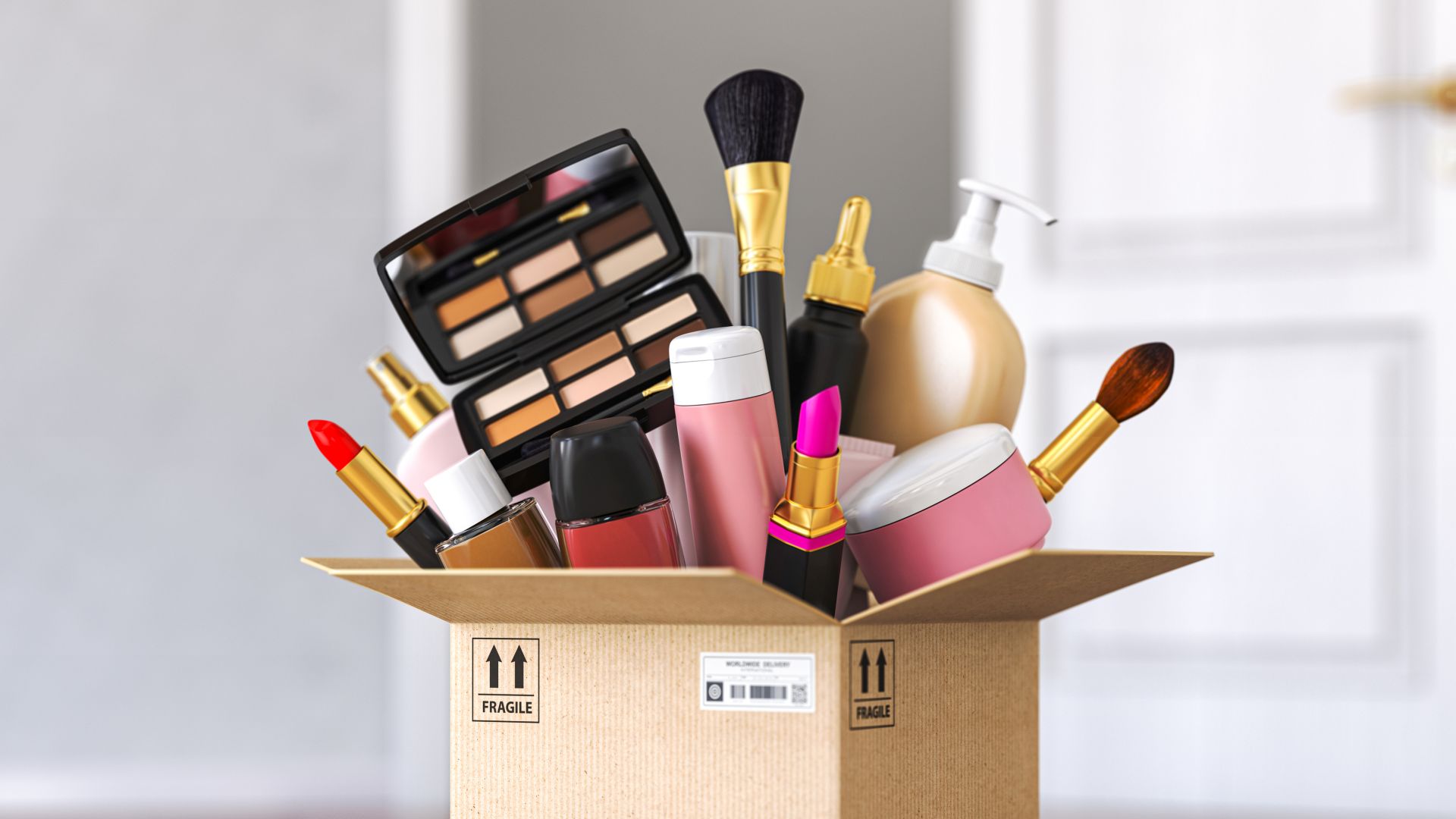
President Donald Trump is choosing to implement tariffs on imports from countries around the world, including South Korea. As the tariffs rise, these costs may be passed along to consumers in the form of higher prices. Ultimately, this could end up hurting your wallet and potentially your health if you rely on South Korean beauty and wellness products — find out how below.
Check Out: I Asked ChatGPT What the Point of Trump’s Tariffs Are: Here’s What It Said
Trending Now: Here's the Minimum Salary Required To Be Considered Upper Class in 2025
What’s Happening?
The Trump administration has aggressively pursued imposing tariffs on imports, in hopes of encouraging Americans to buy more American-made goods. While the experts are mixed on what the economic fallout of these tariffs will be, most can agree that these costs will be passed along to consumers in the form of higher price points, according to the BBC.
Trump’s policies involve a baseline tariff of 10% for countries across the board. But for many countries, including South Korea, the Trump administration is imposing higher tariffs on imports.
For You: Mark Cuban: Trump’s Tariffs Will Affect This Class of People the Most
In July, Trump announced tariffs of 25% on imports from South Korea. But after careful negotiations between the U.S. and South Korea, the currently implemented tariff sits at 15%. This is higher than the baseline tariff of 10% but lower than the originally proposed tariff of 25%, per the White House.
How This Could Impact K-Beauty Costs
In recent years, American consumers have begun to embrace South Korean beauty products. Popular K-beauty products that many Americans can’t get enough of include BB creams, 10-step routines and face masks. In fact, the U.S. imported $1.7 billion worth of South Korean cosmetics in 2024, representing a 54% increase from 2023, as reported by AP News.
With the latest tariff news, it’s likely that the cost of purchasing South Korean beauty products in the U.S. will increase. While it’s hard to say that the tariffs will lead to a 10% increase in costs for consumers, it does seem likely that Korean skincare products will cost more in American shopping carts.
Some are concerned that these tariffs will burst the K-beauty bubble. Although the higher costs may put a small damper on American purchases of Korean skincare products, it doesn’t seem likely that the modest increases to Korean beauty product prices would deter interested consumers with enough disposable income to skip these “must-haves.”
Of course, some beauty fans on a budget will feel the pinch of higher price points. But that doesn’t mean the entire K-beauty industry in the U.S. will fade away.
How To Protect Your Wallet
The new tariffs could lead to higher prices for Korean beauty products in American stores.
If you fear the impacts of tariffs on your favorite beauty products, it’s tempting to stockpile your favorites now. While buying an extra month’s supply might give you some short-term peace of mind, stocking up for years at a time probably isn’t a good idea. It’s important to remember that many of these beauty and wellness products come with expiration dates. Don’t buy more than you can realistically use before it expires.
Instead of stocking up, consider shopping around online to score discounts on your favorite K-beauty brands. Dedicated consumers might even choose to purchase their products directly from Asian companies — like YesStyle, which is working with customers to cover some of the tariff costs, per their website.
While some might consider making the switch to American beauty products in pursuit of savings, others will actively choose to spend more on their Korean skincare favorites. There’s no right or wrong choice. When possible, spend in alignment with your values and make sure to spend less than you make.
Editor’s note on political coverage: GOBankingRates is nonpartisan and strives to cover all aspects of the economy objectively and present balanced reports on politically focused finance stories. You can find more coverage of this topic on GOBankingRates.com.
More From GOBankingRates
- 6 Costco Products That Have the Most Customer Complaints
- 5 Ways Trump Signing the GENIUS Act Could Impact Retirees
- I'm a Retired Boomer: 6 Bills I Canceled This Year That Were a Waste of Money
- 5 Types of Cars Retirees Should Stay Away From Buying
This article originally appeared on GOBankingRates.com: Busting the K-Beauty Boom? How Tariffs on South Korea Could Hurt Your Wallet (or Your Health)







